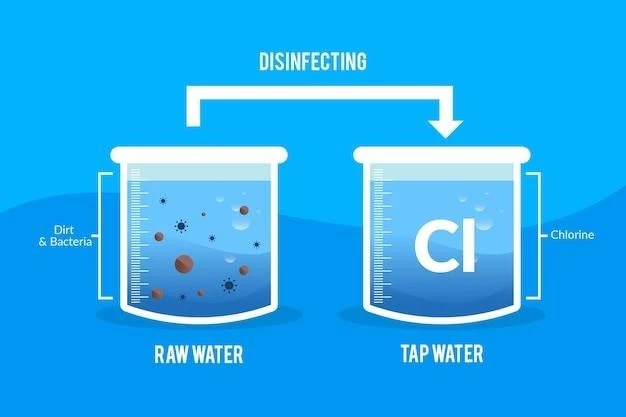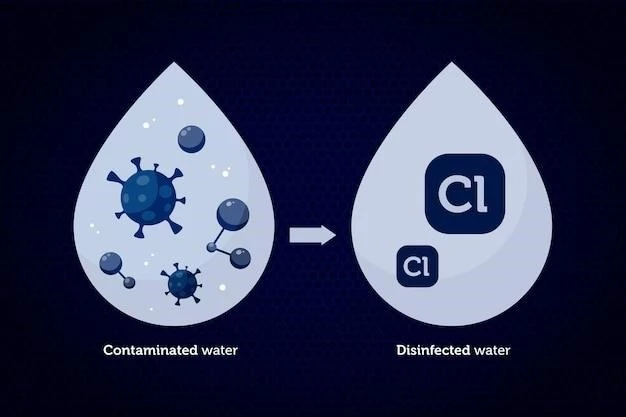What is 3-Methylglutaconyl-CoA Hydratase Deficiency?
3-Methylglutaconyl-CoA Hydratase Deficiency is an inherited metabolic disorder that affects the breakdown of proteins. Individuals with this condition have impaired enzyme activity٫ leading to the build-up of specific substances in the body. This can result in various health issues and complications.
Causes of 3-Methylglutaconyl-CoA Hydratase Deficiency
Genetic Mutation
Genetic mutations in the AUH gene, which provides instructions for making the 3-methylglutaconyl-CoA hydratase enzyme, lead to this deficiency. These mutations can disrupt the enzyme’s function, resulting in the accumulation of certain compounds in the body, causing the symptoms associated with the condition.
Symptoms and Signs of 3-Methylglutaconyl-CoA Hydratase Deficiency
Common Symptoms
Common symptoms of 3-Methylglutaconyl-CoA Hydratase Deficiency include developmental delay, muscle weakness, recurrent infections, seizures, and metabolic crises. These manifestations can vary in severity and onset, impacting an individual’s quality of life and overall health. Early recognition and intervention are crucial in managing the condition.

Diagnosis and Testing for 3-Methylglutaconyl-CoA Hydratase Deficiency
Diagnostic Procedures
Diagnosis of 3-Methylglutaconyl-CoA Hydratase Deficiency involves genetic testing, urine organic acid analysis, and blood tests to assess enzyme function. Imaging studies may also be done to evaluate any organ damage associated with the condition. Early and accurate diagnosis is crucial for initiating appropriate treatment and management strategies.
Treatment Options for 3-Methylglutaconyl-CoA Hydratase Deficiency
Management Strategies
Management of 3-Methylglutaconyl-CoA Hydratase Deficiency involves a specialized diet low in protein and supplementation to support nutritional needs. Monitoring for metabolic crises, physical therapy, and regular follow-ups with healthcare providers are essential. Genetic counseling can also help families understand the condition’s inheritance pattern and risk factors.
Prognosis and Life Expectancy with 3-Methylglutaconyl-CoA Hydratase Deficiency
Long-Term Outlook
The long-term outlook for individuals with 3-Methylglutaconyl-CoA Hydratase Deficiency varies depending on the severity of symptoms and the timeliness of treatment. With proper management, including dietary modifications and medical care, some patients can lead fulfilling lives. Regular monitoring and adherence to treatment plans are essential for maintaining overall health and well-being.
Research and Advances in 3-Methylglutaconyl-CoA Hydratase Deficiency
Current Studies
Ongoing research into 3-Methylglutaconyl-CoA Hydratase Deficiency focuses on developing new therapeutic approaches, understanding the underlying disease mechanisms, and improving diagnostic methods. Clinical trials are exploring potential treatments to better manage symptoms and improve outcomes for affected individuals. Stay updated on the latest advancements to ensure access to cutting-edge care options.
Living with 3-Methylglutaconyl-CoA Hydratase Deficiency
Supportive Care
Individuals living with 3-Methylglutaconyl-CoA Hydratase Deficiency often require supportive care to manage symptoms and maintain optimal health. This may include regular medical monitoring, nutritional counseling, access to specialists for specific concerns, and ongoing emotional and social support. Engaging in a multidisciplinary care team can help individuals with the condition navigate challenges and improve their quality of life.
